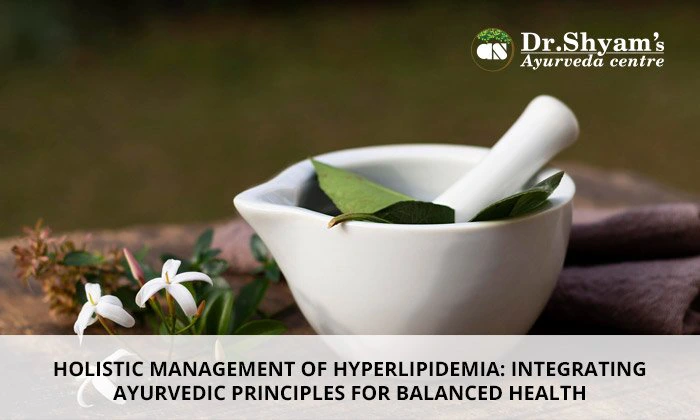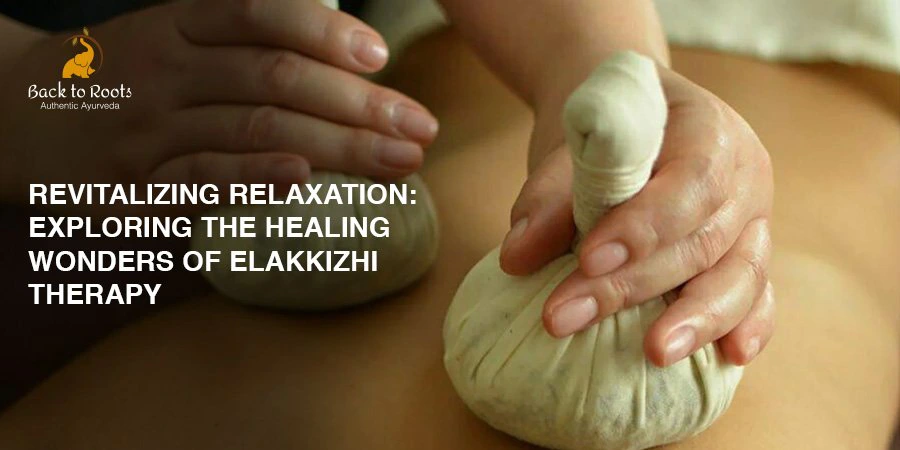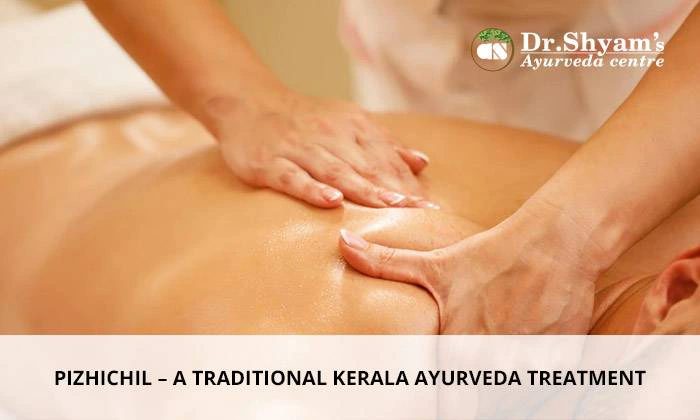INTRODUCTION
High levels of radiation from devices and gadgets, poor quality sleep, and high stress levels in men are resulting in increased incidences of fertility issues. Ayurveda manages infertility by bio purification and by balancing the Tridoshas. Various herbal formulations are advised for detoxification, to reduce stress, and rejuvenate the core tissues and Dhatus. Such deep nourishment helps the body make healthy and virile sperm. looking for an ayurvedic center in Dubai, we are right here.If you’re seeking for an ayurvedic clinic in Dubai, we’re here for you.
What are male infertility and its causes?
Infertility is defined as a biological inability to contribute to conception after 1 year or more of unprotected regular sexual intercourse. Male infertility is a reasonably common problem and refers to the inability to cause pregnancy in a fertile female. Normally, the testicles situated inside the scrotum produce sperm. The sperm flows through the male reproductive tract to mix up with the fluids secreted by accessory glands to form semen. Semen is thick, white fluid released from the penis during ejaculation. To have fertility, a male should be able to produce sufficient healthy sperms, which should be functional enough to fertilize an egg.
Infertility in males is most commonly caused by problems in the ejection of semen, absence or low levels of sperm, or abnormal shape/ movement of the sperm. Other causes of male infertility are:
- Environmental pollutants
- Exposure to high heat for a long time
- Genetic abnormalities
- Heavy use of alcohol, marijuana, or cocaine, smoking
- Hormonal deficiencies
- Impotence
- Infections of the testes or epididymis
- Older age
- Previous chemotherapy, scarring due to infection, trauma, or surgery, Radiation exposure
- Retrograde ejaculation
Sperm disorders
- Oligospermia: low sperm count which is less than 15 million sperm /ml.
- Polyspermia: sperm count > 250 million sperm /ml.
- Normospermia: sperm count 15- 250 million sperm /ml.
- Mild oligospermia: sperm count 10-15 million sperm /ml.
- Moderate oligospermia: sperm count 5-10 million sperm /ml.
- Severe oligospermia: sperm count < 5 million sperm /ml.
- Azoospermia: mature sperms are not found in the semen due to various causes.
- Obstructive azoospermia: normal sperm production occurs but if there is any blockage of the reproductive tract of both testicles due to any infections, swellings, developmental defects, congenital conditions, trauma or vasectomy, etc. azoospermia can occur.
- Non-obstructive azoospermia: the testicles do not produce enough sperm for a detectable amount to show up in their semen.
- Asthenospermia: the sperm motility is affected and the movement is slow, not in a straight line, or both. 60% or more of sperm should have normal motility, if the normal fast progressive motile sperms are less than 40%, the condition is considered abnormal. Sperm that move sluggishly may have genetic or other defects that render them incapable of fertilizing the egg. Poor sperm motility may be associated with DNA fragmentation and may increase the risk of passing on genetic diseases. The degree of forward progression is a classification based on the pattern displayed by the majority of motile sperm.
- Grade 4: sperm with progressive motility. These are the strongest and swim fast in a straight line.
- Grade 3: these also move forward but tend to travel in a curved or crooked motion.
- Grade 2: these have non-progressive motility because they do not move forward although they move their tails.
- Grade 1: these are immotile and fail to move at all.
- Teratospermia(teratozoospermia): increase in the percentage of sperms with abnormality in morphology or shape. It occurs due to the defect in sperm maturation in the testis. Testosterone is responsible for sperm development in the later stages and its low levels may be a cause for teratozoospermia. It can also be caused due to prolonged exposure to spermatotoxins.
Retrograde ejaculation
Retrograde ejaculation is when the semen travels backward into the bladder. Normally the sphincter or circular muscle present at the entrance to the bladder shuts the opening to the bladder and prevents semen from entering into the bladder. Thus, the semen is ejaculated out of the urethra through the tip of the penis when a man has an orgasm. In retrograde ejaculation, the circular muscle doesn’t completely shut the opening to the bladder resulting in all or part of semen traveling into the bladder at the time of ejaculation. This results in a reduced quantity of semen during ejaculation causing a reduction in chances of fertilization.
Male Immunological infertility
This condition occurs when there is the presence of antisperm antibodies (ASA) which are capable of interfering with the fertilization abilities of the sperm. ASA can negatively impact the motility of sperm in the semen, on their ability to pass through female genital secretions, or on the penetration of the egg. It can also induce sperm agglutination.
Obesity and male infertility
Semen alterations are found in severely obese men in the form of decreased sperm volume, concentration, and total count. Low ejaculation volume also appears to be more frequent in males with high BMI. This may be due to the temperature changes caused by increased adiposity of the scrotal region affecting spermatogenesis. The mechanical factors causing ineffective coitus and obesity-associated psychological stress also contribute to infertility issues of obese males.
Diabetic infertility
Diabetes can be associated with conditions like erectile dysfunction, decreased libido, ejaculation disorders, and increased incidence of infections and inflammation. Diabetes could have effects on sperm motility, sperm DNA integrity, and ingredients of seminal fluid.
Congenital/ genetic conditions affecting male fertility:
- Cystic fibrosis: a condition known as Congenital Bilateral Absence of the Vas Deference(CBAVD) occurs in cystic fibrosis causing male infertility.
- Adult Polycystic kidney disease (ADPKD): dilation of seminal vesicles is seen in ADPKD obstructing ejaculatory ducts leading to azoospermia or oligospermia. Marked pituitary dysfunction is seen in chronic renal failure which can impair the HPO axis, hormonal imbalance, and spermatogenesis.
- Klinefelter syndrome (two X and one Y chromosomes): this syndrome is characterized by testicular destruction with extensive fibrosis and hyalinization of seminiferous tubules resulting in small testes, hypergonadotropic hypogonadism, and azoospermia.
- Kartagener syndrome(one of primary ciliary dyskinesia): the motility of cilia will be affected by this disease and as a result, it can cause abnormal motility of sperm and infertility in men.
- Kallman’s syndrome: failure of onset of puberty resulting in hypogonadotropic hypogonadism
- Pituitary tumor: can result in the abnormal secretion of LH and FSH that can negatively impact male fertility.
- Cryptorchidism: undescended testis
- Hypospadias/ epispadias: the urethral opening is not at the tip of the penis but bottom/ top of the penis. This is a congenital condition.
Risk factors for male infertility
- Varicocele: A varicocele is an abnormally enlarged and twisted (varicose) vein in the spermatic cord that connects to the testicle. It can raise the testicular temperature, which may have effects on sperm production, movement, and shape.
- Hydrocele: an infected or large-sized hydrocele can cause complications like sexual dysfunction and infertility. Due to increased blood pressure on testicular blood supply, varied temperature and infection can harm spermatogenesis leading to male infertility.
- Age: This can adversely affect sperm counts and sperm motility as the genetic quality of sperm declines as a man age.
- Infections and sexually transmitted diseases: HPV, Repeated Chlamydia trachomatis, or gonorrhea infections. Such infections can cause scarring and blockage in the tract.
- Lifestyle factors: Emotional Stress, testicular overheating, substance abuse, smoking, etc
- Environmental factors: Occupational or other long-term exposure to certain types of toxins and chemicals, estrogen-like and hormone-disrupting chemicals, chronic exposure to heavy metals such as lead, cadmium, or arsenic may affect sperm quality.
Ayurvedic explanation regarding the causes for male infertility:
- Bija upa taapa: congenital abnormalities/chromosomal anomalies.
- Sukra dosha: abnormalities of sperm related to quantity and quality. 8 types of Sukla dushti are mentioned in the ayurvedic text Charaka Samhita which is: phenilam (frothy), thanu (dilute, slender), ruksham (dry), vivarnam (discolored), pooti (putrid), pichilam (slimy), anyadhatu upasamshrishti (mixed with rakta dhatu or other dhatus), avasadi/ granthi (less mobile)
- Aharaja Nidana (food factors): excessive intake of dry, bitter, astringent, salty, acidic, and hot food/ drinks.
- Viharaja Nidana (behavioral factors): excessive sexual indulgence, complete abstinence, sexual abuse, excessive physical exertion, suppression of natural urges, night awakening, hectic lifestyle, etc leads to vitiation of rakta and pitta doshas causing sukra dushti.
- Manasika Nidana (psychological factors): Anxiety, lack of confidence, fear, excessive stress, lack of mutual love, etc affects male fertility.
Management of male infertility through Ayurveda
According to Ayurveda, the human body is made up of seven dhatus and sukra is the seventh dhatu and last dhatu formed in the body. It is considered as the essence of all 6 previous dhatus and can be considered as the overall reproductive strength of a person. Ayurvedic classical textbooks advise following certain conducts to prevent issues with fertility and to lead a healthy long life. They are:
- Dinacharya (daily routine)
- Ritucharya (seasonal routine)
- Ratricharya (night routine)
- Treyopasthambha palana (essential triads of health i.e., ahara, nidra and abrahmacharya)
- Sadvritta and Achara Rasayana (good conduct or ethical regimens for the balanced state of life)
- Yogasanas
Treatment protocols in Ayurveda
- Poorva karma (preliminary treatment): Snehana(oleation) and Swedana (sudation)
- Pradhana Karma(main treatment):
- Vamana (medically induced vomiting)
- Virechana (medically induced purging)
- Vasti(medicated enema)
- Paschat karma:
- Vaajikarana (specific category of herbs that improve the reproductive system and enhance sexual function)
Herbs and formulations for infertility management in males
Ayurveda has mentioned a group of herbs that help in the purification of semen or sperm and they are known as sukra shodhana gana. The herbs which are included in this group are: kushta, elavaluka, katphala, samudraphena, kadamba niryasa, ikshu, kanda ikshu, iksuraka, vasuka and useera. These herbs can be useful in removing the defects of sperm or defects in the spermatogenesis process.
There are also other groups of herbs that are intended to help the spermatogenesis process termed as sukra janana gana, they are jeevaka, rishabhaka, kakoli, ksheerakakoli, mudgaparni, mashaparni, meda, vridharuha, jatila, and kulinga. These drugs are guru (heavy), snigdha (unctuous), manda (thick), hima (cold), and sthira (stable) in nature, which are similar in qualities to sperm/ semen, thus directly increase sukra dhatu and also functions as body stabilizer, nerve tonic, and energy booster. These herbs due to their properties are useful in conditions like impotency, oligospermia, and Asthenospermia.
Herbs like kapikachu, gokshura, ashwagandha, Shatavari, yashtimadhu, jatiphala, etc. are traditionally used for vajeekarana purposes. These herbs are found to be effective by improving semen quality, reducing oxidative stress, increase sperm concentration and motility, and enhances spermatogenesis by raising testosterone levels naturally.
Apart from the above-mentioned herbs, there are classic ayurvedic preparations that can help in treating male infertility. They are: sukumaram ghritam, aswagandhadi lehyam, aswagandharishtam, chyavanaprasham, kalyanaka ghritam, satavari lehyam , gandharva hastadi kashayam , saptasaram kashayam, musalikhadiradi kashayam, brihatyadi kashayam, gokshuradi guggulu etc. These medicines are only to be consumed after being advised by an ayurvedic physician who will consider the status of your semen evaluation, the pH levels, hormone levels, physical evaluation, and other radiological evaluations according to your condition.
Practitioners at our ayurvedic clinic in Dubai healthcare city, Jumeirah, Al Nahda, Karama, and Ajman can help you by providing vajikarana remedies by correcting your lifestyle habits, advising a balanced diet, and by providing medical remedies.











